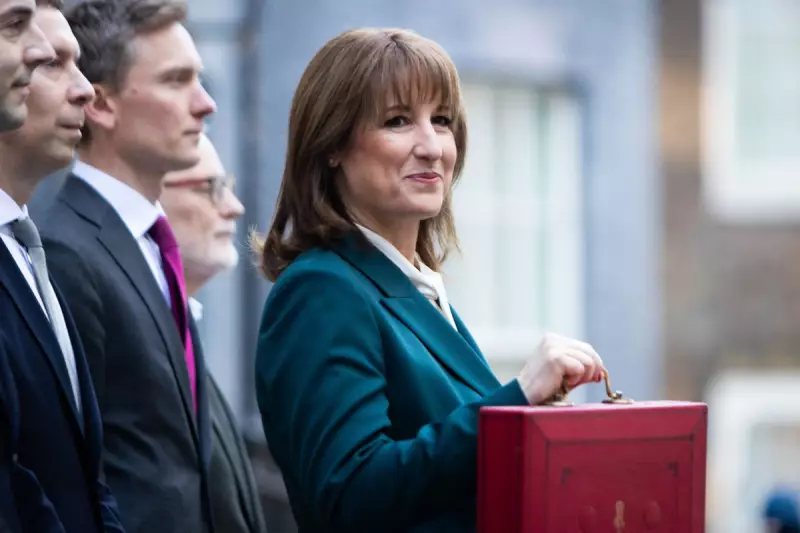
Chancellor Rachel Reeves has staked her political future on a dramatic £26 billion Budget squeeze, unveiling 43 separate tax rises that will force millions more Britons into paying higher rates of income tax.
The Great Tax Threshold Freeze
In what she described as a 'Labour values' Budget, the Chancellor confirmed the controversial decision to freeze income tax thresholds from 2028/29 onwards. This measure alone is projected to raise £8 billion in 2029-30 and will have profound consequences for workers across the country.
The freeze means that one in four workers will be dragged into the highest 40p tax band, with 920,000 additional people paying the higher rate by 2031. Furthermore, an estimated 780,000 individuals will start paying income tax for the first time.
Ms Reeves openly acknowledged breaking the election manifesto promise not to raise income tax, stating firmly that 'everyone must pay their part'. However, the move attracted immediate criticism, even from Labour-affiliated trade union Unison, which warned it was 'the opposite of putting money in working people's pockets'.
Middle-Class Tax Hits and Welfare Expansion
The Budget introduced a sweeping array of measures targeting middle-class finances and significantly expanding welfare spending.
Key announcements included:
- A new £12,000 limit on tax-free cash ISAs
- A 2% tax increase on rental earnings for landlords
- National insurance contributions on pension contributions over £2,000 per year under salary sacrifice schemes from 2029
- A new 'mansion tax' of £2,500 on properties valued over £2 million, rising to £7,500 for homes exceeding £5 million
- A 3p per mile tax for electric vehicle drivers, calculated using MOT data
Despite these revenue-raising measures, the Chancellor committed to a substantial £73 billion increase in welfare spending, taking the total welfare bill above £400 billion by 2030. The most celebrated announcement was the long-awaited scrapping of the two-child benefit cap at an annual cost of £3.6 billion.
To help fund this change, the government will increase the levy on remote gaming from 21% to 40% and raise online betting tax from 15% to 25%.
Economic Fallout and Political Reaction
The Office for Budget Responsibility delivered a sobering assessment, downgrading the Chancellor's economic growth projections by 0.3% and stating that none of her measures would improve economic performance.
The Budget day was marred by controversy when the OBR accidentally published its verdict minutes before Ms Reeves began her speech, prompting an apology and internal inquiry.
Conservative leader Kemi Badenoch described the Budget as a 'total humiliation' for the Chancellor and called for her resignation. 'She has lost credibility and trust with the public,' Ms Badenoch declared, highlighting the £40 billion tax raid from the previous year.
Reform UK leader Nigel Farage warned that the pensions raid could 'collapse the private pension market', calling it 'an assault on aspiration and an assault on saving'.
Business leaders expressed concern about the record-high tax burden. Tina McKenzie of the Federation of Small Businesses stated: 'This tax-raising Budget shows the peril of a continuing economic doom loop. The tax burden at a record high is the cost of failure to get growth and trim spending.'
Despite the criticism, Ms Reeves defended her package, insisting the plans would build 'our economic resilience for the future' while acknowledging: 'I do recognise I am asking ordinary people to pay a little more, but I am asking those with the broadest shoulders to pay more.'





